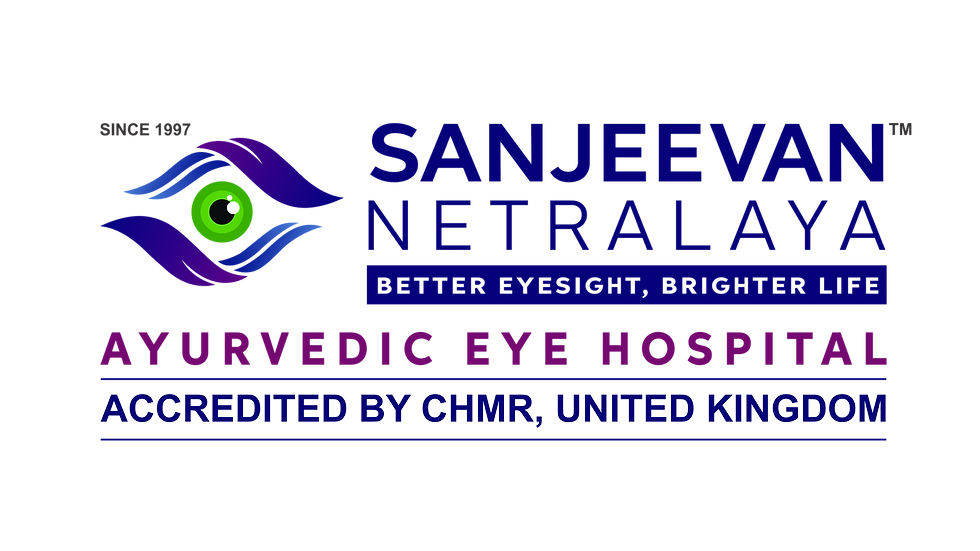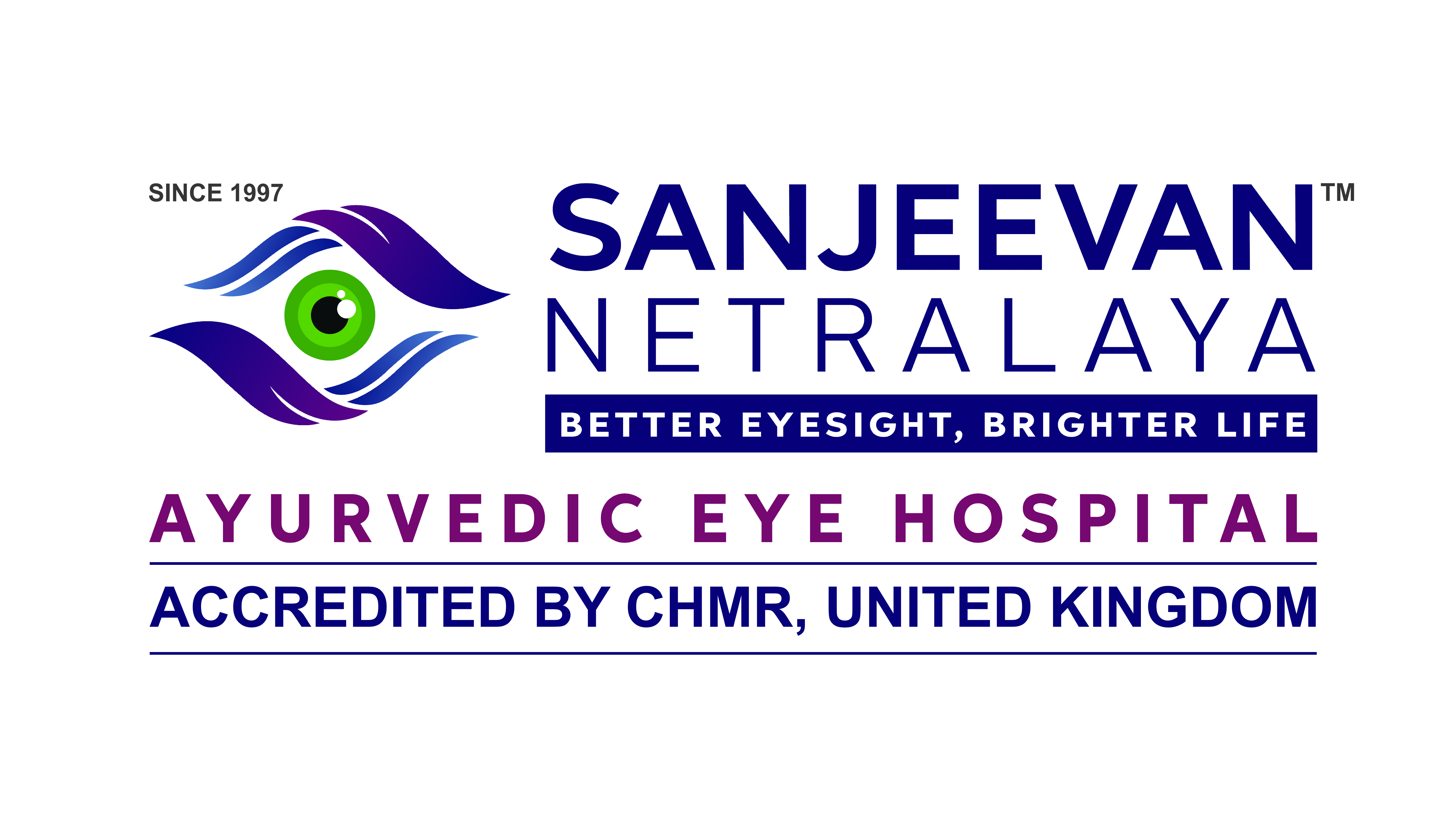- Hiren Suryawanshi
- Aug 14, 2024
- 2 min read
Updated: Sep 26, 2024

What is Stargardt Disease?
Stargardt disease is a rare genetic eye disorder characterised by the accumulation of fatty deposits on the macula—the small central area of the retina responsible for sharp, central vision.
Typically, vision loss begins in childhood; however, some individuals with Stargardt disease may not experience vision decline until adulthood.

Above Image Represents the View from a patient with Stargardt Disease^
What are the Symptoms of Stargardt Disease?
The primary symptom of Stargardt disease is the gradual loss of central vision in both eyes, although the rate of vision loss can vary from person to person.
Additional symptoms may include:
- Gray, black, or hazy spots in the centre of vision
- Increased sensitivity to light
- A longer adjustment period for the eyes when moving between light and dark environments
- Colour blindness
Some individuals with Stargardt disease may also experience a reduction in peripheral (side) vision.

What Causes Stargardt Disease?
Stargardt disease is generally caused by mutations in the ABCA4 gene, which plays a crucial role in the body’s utilisation of vitamin A.
Vitamin A is essential for the production of cells in the retina (the light-sensitive layer at the back of the eye). The ABCA4 gene is responsible for producing a protein that helps clear the fatty material left behind. In Stargardt disease, this gene malfunctions, leading to the accumulation of fatty deposits in yellowish clumps on the macula. Over time, this build-up damages the light-sensitive cells and leads to the loss of central vision.
Stargardt disease is an inherited genetic condition, meaning it is passed down from parents to their children.
At Sanjeevan Netralaya Ayurvedic Eye Hospital, Stargardt Disease is treated with great success.


